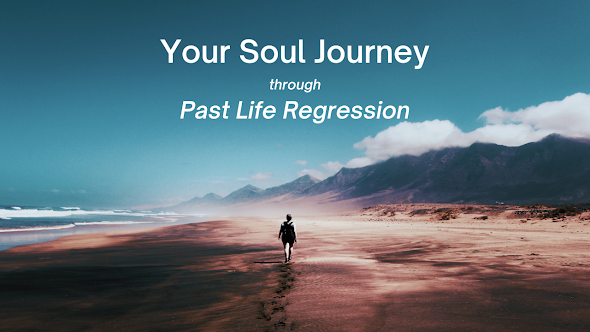Releasing Generational Trauma
Generational trauma, also known as transgenerational trauma, refers to the emotional and psychological pain that is passed down from one generation to the next. This type of trauma can stem from a variety of sources, such as war, genocide, colonization, slavery, and systemic oppression, and can have long-lasting effects on individuals and entire communities.
.jpeg) |
| PC: Google |
In India, we recognise generational trauma as the 'Pitru dosh' since ages, and now we are witnessing the western approval of our age old rituals and its meaning. The combination of some planets in our vedic astrological chart can very well predict this trauma or dosh. People who have this dosh mentioned in their astrological chart are often advised to perform certain rituals to please their deceased ancestors and seek forgiveness. Pitru dosh affects one's life by creating hurdles in success, childlessness, relationship issues, major health issues, sudden deaths and so on.
Similarly, the impact of generational trauma can manifest in a variety of ways, such as depression, anxiety, addiction, and relationship problems. Additionally, it can also affect an individual's sense of self, leading to a disconnection from one's cultural or ancestral roots, and a feeling of disorientation and detachment from one's community.
While healing from generational trauma can be a difficult and ongoing process, incorporating spirituality into one's healing journey can be a powerful tool. Spirituality can offer a sense of connection to something greater than oneself, provide a framework for understanding one's experiences, and offer practices and rituals to help process and release emotional pain.
Here are some ways spirituality can aid in healing generational trauma:
Cultivate a connection to your ancestry: One of the most powerful ways to heal from generational trauma is to connect with your ancestral roots. This can involve learning about your family's history, culture, and traditions, as well as practicing rituals and customs that have been passed down through generations. By connecting with your ancestry, you can develop a sense of pride and belonging, and gain a deeper understanding of how your family's past has shaped your present experiences.
Use mindfulness practices: Mindfulness practices, such as meditation, deep breathing, and yoga, can help calm the mind and ease emotional pain. By cultivating a regular mindfulness practice, you can learn to observe and acknowledge your thoughts and emotions without judgment, and develop a greater sense of self-awareness and emotional regulation.
Engage in ritual and ceremony: Ritual and ceremony can be powerful tools for healing emotional pain and connecting with something greater than oneself. This can involve creating a personal ritual, such as lighting a candle or saying a prayer, or participating in a larger community ceremony and performing 'Shraadh rituals'. These practices can help create a sense of community and connection, and provide a safe space for processing and releasing emotional pain.
Seek support from spiritual leaders and healers: leaders and healers, such as shamanic practitioners, energy healers, and counselors, can offer guidance and support on one's healing journey. These individuals can provide tools and practices for releasing emotional pain, and offer a safe and non-judgmental space for processing difficult emotions.
Engage in acts of service: Engaging in acts of service, such as volunteering in your community or participating in social justice work, can be a powerful way to heal from generational trauma. By giving back to others and working towards a greater good, you can cultivate a sense of purpose and meaning, and feel connected to something greater than yourself.
On an ending note, generational trauma is a deeply ingrained form of emotional pain that can have long-lasting effects on individuals and entire communities. While healing from generational trauma can be a difficult and ongoing process, incorporating spirituality into one's healing journey can be a powerful tool. By cultivating a connection to one's ancestry, engaging in mindfulness practices, participating in ritual and ceremony, seeking support from spiritual leaders and healers, and engaging in acts of service, individuals can begin to heal from generational trauma and reclaim a sense of wholeness and connection to something greater than themselves.



Comments
Post a Comment